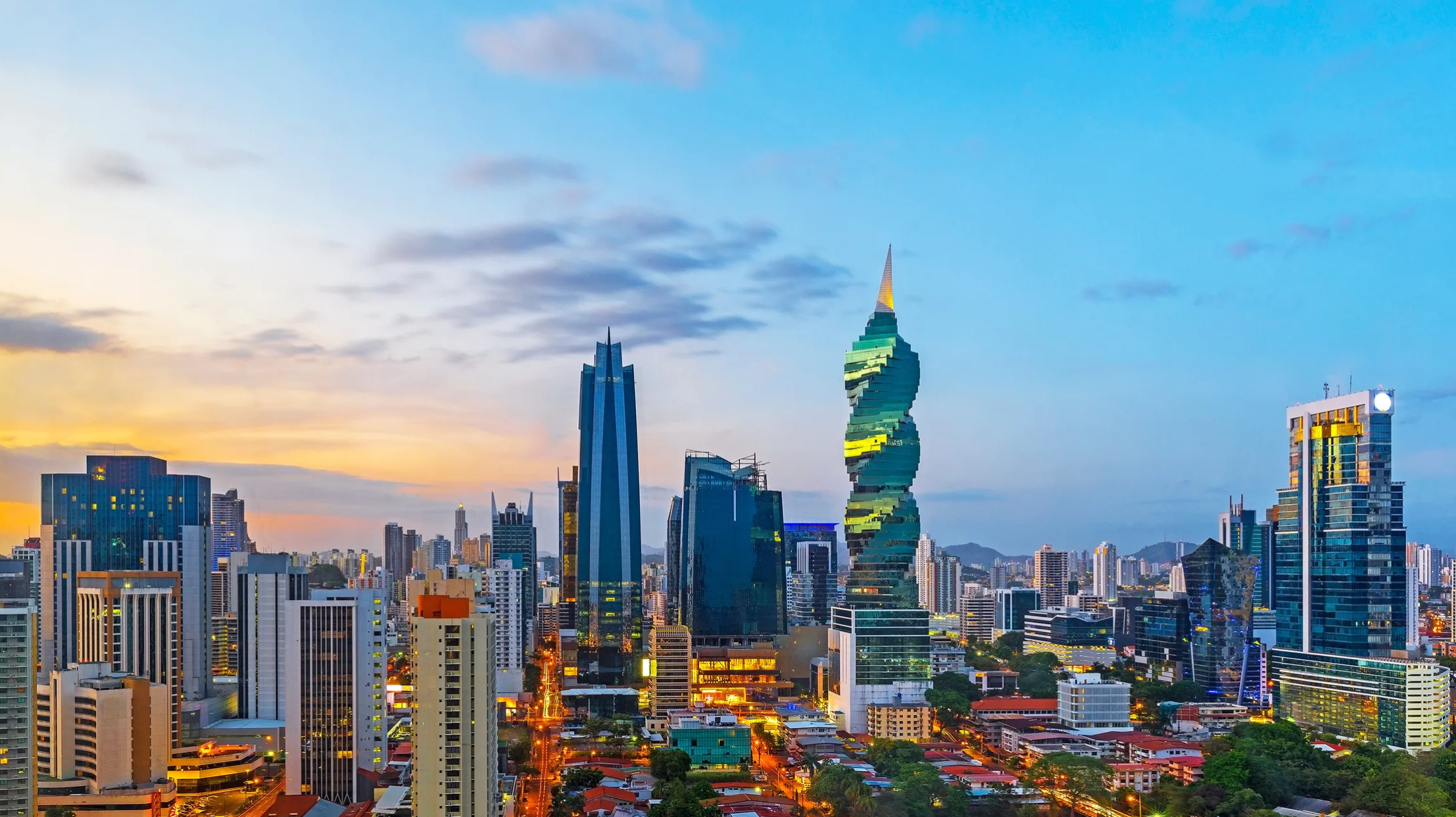Gallup Survey: Highest Positive Experiences in Panama

Gallup researchers surveyed more than 146,000 people aged 15 years or older in 142 countries about their positive and negative experiences over the previous 24 hours. They then gave each of their personal countries four scores on a scale of zero to 100: two scores for how present or lacking their positive experiences were, and two more corresponding to the prevalence of their negative experiences. Overall, the results point to a world that is, despite its manifold woes, more happy than fretful.
Global stress levels were recorded at 37%—the lowest since 2019, and only four points above where they were a decade ago. Forty percent of adults reported feeling a lot of worry; 30% reported physical pain; 26% said they were sad, and 22% were angry. But the positive metrics were much higher. The overall negative experience index fell from 33 last year to 31, the same level it was before the pandemic. Over the day prior to the survey, 85% of respondents said they had been treated with respect; 71% said they were well-rested; 73% said they had felt a lot of enjoyment or had smiled and laughed; and 54% said they had done something interesting.
America finished in the middle of the pack. “The U.S. was pretty unremarkable,” says Julie Ray, editor of Gallup Global News. “It didn’t finish at the top or bottom of any list. The global average is 71 on the positive side, and it is 73 for the U.S. The global average on the negative side is 31, and the U.S. is 34.” To the extent that Americans reported negative emotions, Ray sees possible causes as a hangover from the pandemic and the stress of our polarized politics.
The 11 countries with the highest positive experiences were led by four in Latin America: Paraguay and Panama, at 86; Guatemala at 85, and Mexico at 84. “The high scores have been fairly consistent,” says Ray. That doesn’t mean life is necessarily easy in these countries: “The situation can be crumbling around you, but we still see positivity. Safety was an issue, but you have this strong presence of social networks. And we have some level of cultural bias in how people answer these questions. They just tend to be positive.”
Among the 11 countries with the highest negative experiences were Israel at 47 (a huge reversal from its previous position at 124th in negative emotions, due to the ongoing war), Jordan at 48, Sierra Leone at 50, and Guinea, topping the list at 53. Leading the world in the lowest negative experiences is Vietnam—with its expanding economy—at 11; Kazakhstan—which has ascended to the level of an upper-middle-income nation—at 14; Taiwan—which thrives politically and economically despite tensions with China—at 17; and Kosovo—with improvements in life expectancy and GDP since gaining independence in 2008—at 20.
Afghanistan, a perennial low finisher on measures of happiness and satisfaction, scored last in the world—with a score of 38—for positive metrics. Other low-scoring nations included Sierra Leone and Lebanon.
A key factor in all of the results was age. People in the 15 to 29 age group were the most positive worldwide, while people aged 50 and older were the least positive. “They bounce back faster,” says Ray. “It’s just in the nature of youth.”
One drag on the results was a problem that is increasingly present worldwide: loneliness. Last year, U.S. Surgeon General Vivek Murthy called national attention to the “epidemic of loneliness”—and, indeed, Gallup found that more than one in five adults reported feeling lonely. The loneliest nation in the world was Comoros, at 45%. The least lonely: Vietnam, at just 8%.





